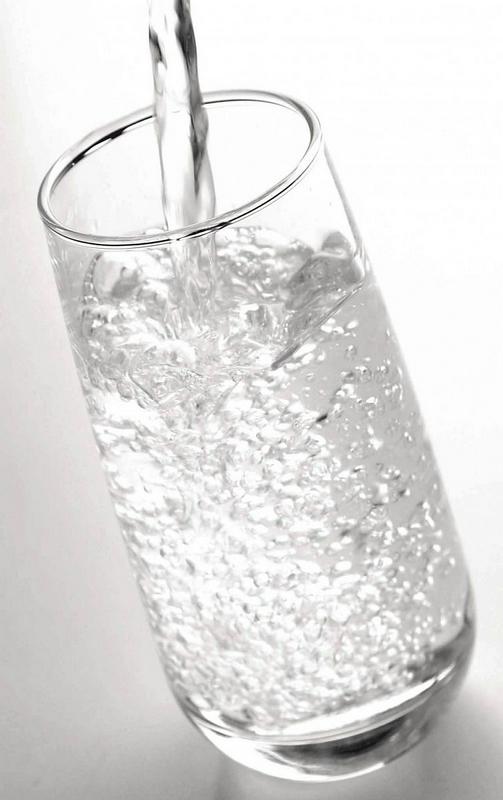

The European Commission against Racism and Intolerance again reprimanded Slovenia because a number of Roma communities still have no access to potable water.
The commission has published a new report on Slovenia, with a mixed grade. The state is adequately complying with the recommendations regarding the erased, and by establishing a national body for fight against discrimination, but failed to comply with the recommendations regarding the Roma. In spite of the request by the European Council giving priority to solution of the problem within two years, not all of them have adequate access to potable water.
The European Council ECRI commission in 2014 imposed to Slovenia to immediately assure to all the Roma access to potable water within, or in vicinity of their settlements. In spring, the human rights commissioner Nils Muižnieks verified the conditions in Dobruška vas. In the new report they established that the recommendation was not being imposed, although the local authorities did make certain steps, and during two years assigned two million euros for such projects.
As an example a settlement was mentioned where uninsulated water tanks were placed, but in winter the water within froze. They established that residents of other unofficial settlements still have no access to potable water. According to the report at the European Court of Human Rights, two lawsuits had been filed due to problems the Roma have with an access to basic infrastructure, including water.
The municipality rejects the accusations
The municipality of Škocjan responded to the report by claiming that a water line was installed in Dobruška vas six years ago, but some of the Roma families refused the connection to the water distribution system.
Months ago the mayor Jože Kapler explained that only 9 of the 19 families chose to connect to the public water distribution system: "The families who had decided to connect to the distribution system today have potable water, while the rest most certainly use the water of their neighbours."
The Roma family which had filed a lawsuit against the state of Slovenia at the European Court of Human Rights for denied access to potable water was among those who had rejected the connection, the mayor added. "I find it an absurd action, and in a way also by those who help in such matters", he complained.

































































